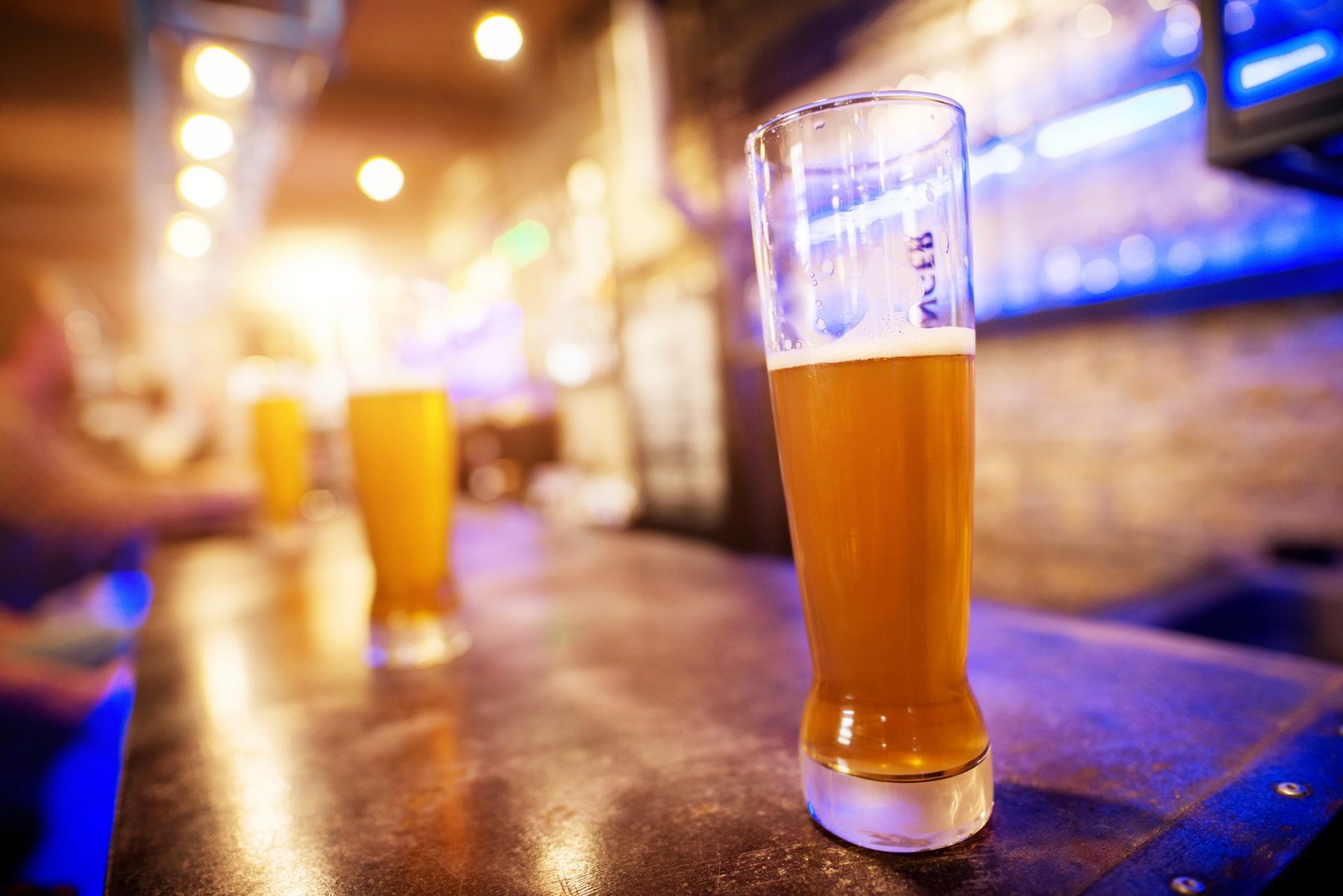In 2021, the West Virginia legislature passed sweeping reforms liberalizing existing alcohols laws in House Bill 2025. During the 2022 Regular Session, as expected, new alcohol legislation in House Bill 4848 (full text), which is pending approval by Governor James C. Justice, largely tweaked and supplemented prior reforms as follows:
New Private Club Licenses: House Bill 4848 enacts new private club licenses: private sports stadiums in Division I, Division II and Division III stadiums, private food trucks, and private tobacco shops. These new private club licenses are in addition to the expansion in 2021 to create over 20 types of private clubs. House Bill 4848 also enables private hotels and private resort hotels to apply for a private caterer’s license. The private sports stadium license was adopted to expand the prior license for professional sports stadiums and multi-sports complexes adopted in 2021. A private sports stadium club license is available for Division I (WVU and Marshall), Division II and Division III colleges or universities that are members of the NCAA for football, basketball, baseball, soccer, and other sports, raising the possibility of increased revenues inside West Virginia collegiate sports stadiums.
A private sports stadium license also allows the sale of alcohol at weddings, conferences and other special events considered non-collegiate sporting events (raising the bar for fundraisers and other special events). The new private sports stadium license further allows for tailgates in areas outside the stadium as long as they are fenced and prevent entry by the general public. In order to obtain a license for a private sports stadium, an applicant must have 100 members, operate a restaurant with full kitchen, own or lease at least one contiguous acre, and meet certain other requirements.
Simplify Third-Party Delivery of Beer, Wine and Liquor: During 2021, House Bill 2025 created delivery by licensees and third-party delivery services for beer, wine and liquor. Industry critics and observers immediately realized the requirements needed to be fixed to be effective. In 2022, the delivery requirements were liberalized to enable a more competitive delivery system that allowed for eliminating the convenience fee and permitted alternatives to the scanned verification a delivery must be subject to, provided verification can be accomplished in a variety of ways without maintaining a scanned image in the delivery system.
Prior requirements for third-party delivery contractors required a scanned in identification card with each transaction, and each sale was required to impose a $5 minimum convenience fee, making the cost anticompetitive with other third-party delivery services. While liberalizing delivery in 2021, there was a step back for direct shipping of beer and liquor in 2021. The proposals to allow for direct shipping of beer and liquor were effectively made illegal without a license, and these shipments were subject to very restrictive requirements. Nothing has changed in the 2022 legislative package regarding direct shipping of beer and liquor, while wine and cider remain flexible to direct shipping in West Virginia.
New Off-Premises Sales at Special Events: One of the important changes in the 2022 legislation is to enable the sale of beer, wine and liquor at fairs and festivals for off-premises consumption in sealed containers. This will expand the ability of fairs and festivals to provide not only limited sales and samples during the event for on-premises consumption, but increased revenues for distributors and manufacturers and expanded options for consumers who wish to take some of the alcoholic beverages home. In addition, there would no longer be a requirement to get the commissioner’s approval of sampling events for liquor, although advance notice is still required.
School’s Out for Certain Licensees: Licensure requirements for the sale of beer were tweaked in order to eliminate the requirement that such licensees not be located within 300 feet of a school, while waiving the limitation that they not be located within 300 feet of a church if the church files a statement in writing that it does not object to such facility being licensed at the location.
Out of the Bag: Finally, the sale of liquor for off-premises consumption would no longer require liquor to be placed in a bag, which, together with the expanded hours of sale and increased venues where liquor may be purchased, generally reflects the growing liberalization and de-stigmatization of liquor sales to the public.
Increased Mark-Up for Private Clubs: Consumers purchasing liquor at a retail outlet will still pay a 10% markup, but after implementation of the new bill, consumers imbibing their favorite spirits at private clubs will now see an increase in the markup to 15%, making some cost-conscious drinkers prefer their own haunts rather than the local watering hole.

